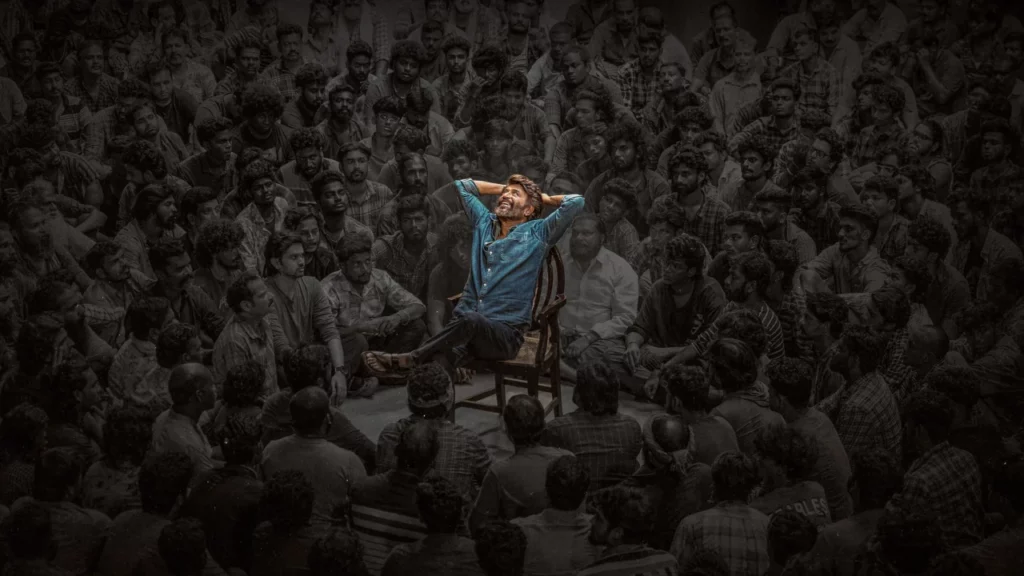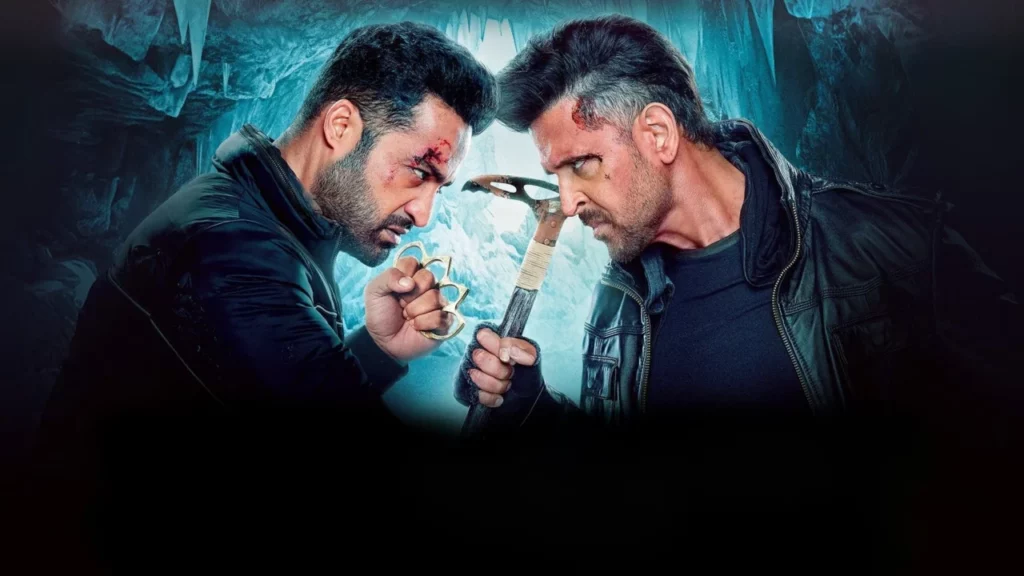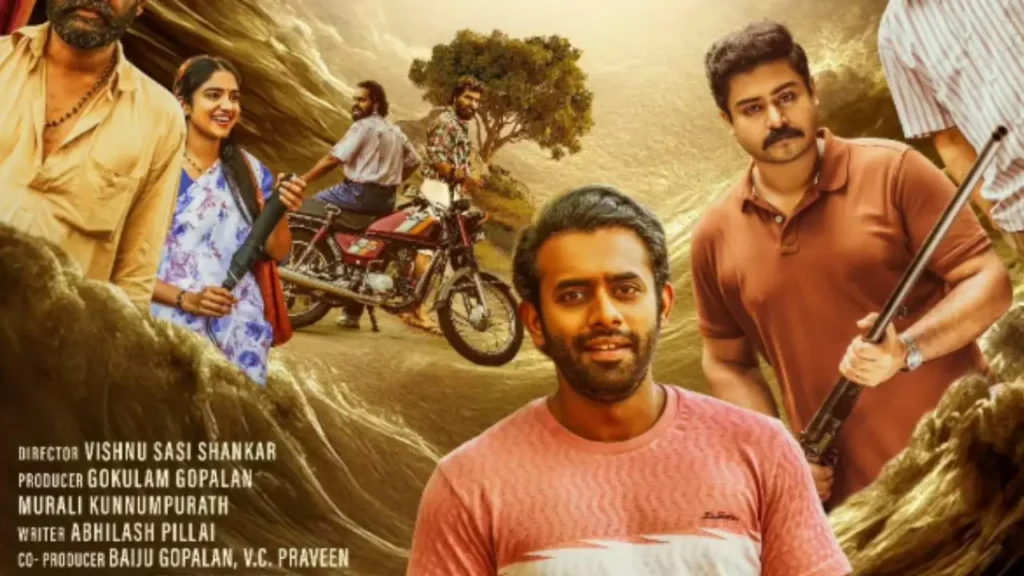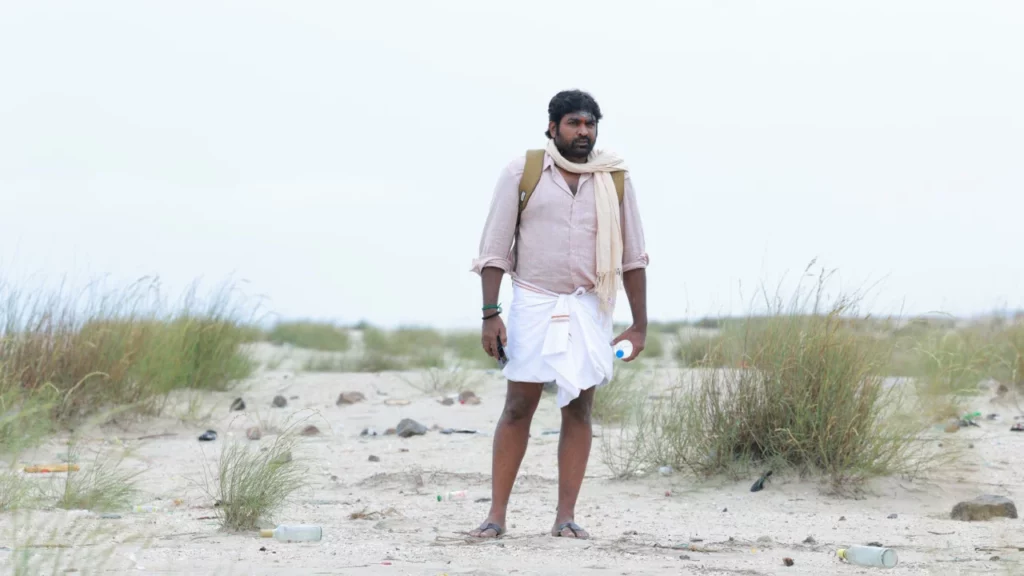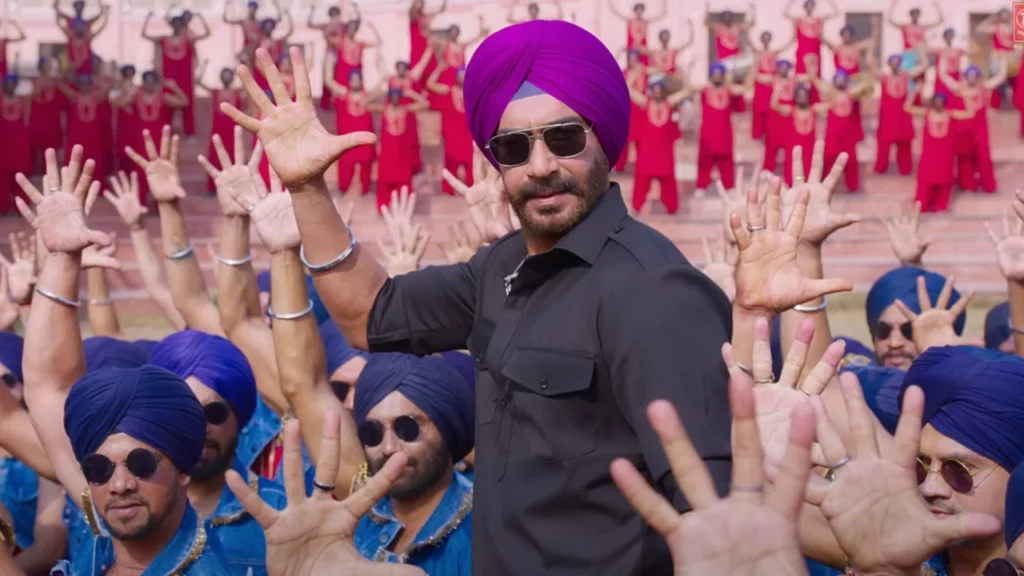
Squid Game Season 3 (2025) Web Series: It Concludes Netflix’s Most Disturbing Masterpiece
Squid Game Season 3 marks the highly anticipated conclusion to Netflix’s global phenomenon that captivated audiences worldwide since its debut in 2021. The third and final season of South Korean survival thriller television series Squid Game, created by Hwang Dong-hyuk, was released on June 27, 2025. This concluding chapter brings together a stellar cast including Lee Jung-jae reprising his role as Seong Gi-hun, alongside Lee Byung-hun, Wi Ha-joon, Im Si-wan, Kang Ha-neul, Park Gyu-young, and others.
The final season continues the dark, psychological thriller narrative that made the series a cultural phenomenon. Under the masterful direction of Hwang Dong-hyuk, who returns as both creator and director, the series maintains its signature blend of social commentary, intense survival games, and deeply human storytelling. The Korean drama genre has found its crowning achievement in this series.

Plot and Storyline
In the season, Seong Gi-hun and the players fight for survival in ever-deadlier games, which have dire consequences. The third season picks up where the previous installment left off, with Gi-hun’s continued quest for justice and revenge against the mysterious organization. The narrative structure maintains the series’ trademark tension while escalating the stakes to unprecedented levels.
The storyline delves deeper into the psychological warfare between the players and their captors, exploring themes of trust, betrayal, and moral compromise. The games themselves become increasingly complex and brutal, designed not just to eliminate players but to break their spirits entirely. What sets this final season apart is its willingness to confront the consequences of the previous seasons’ events.
The season also expands the mythology of the Squid Game organization, revealing more about its origins, purpose, and the people who run it. The writing maintains the series’ sharp social commentary while delivering satisfying character arcs and plot resolutions.
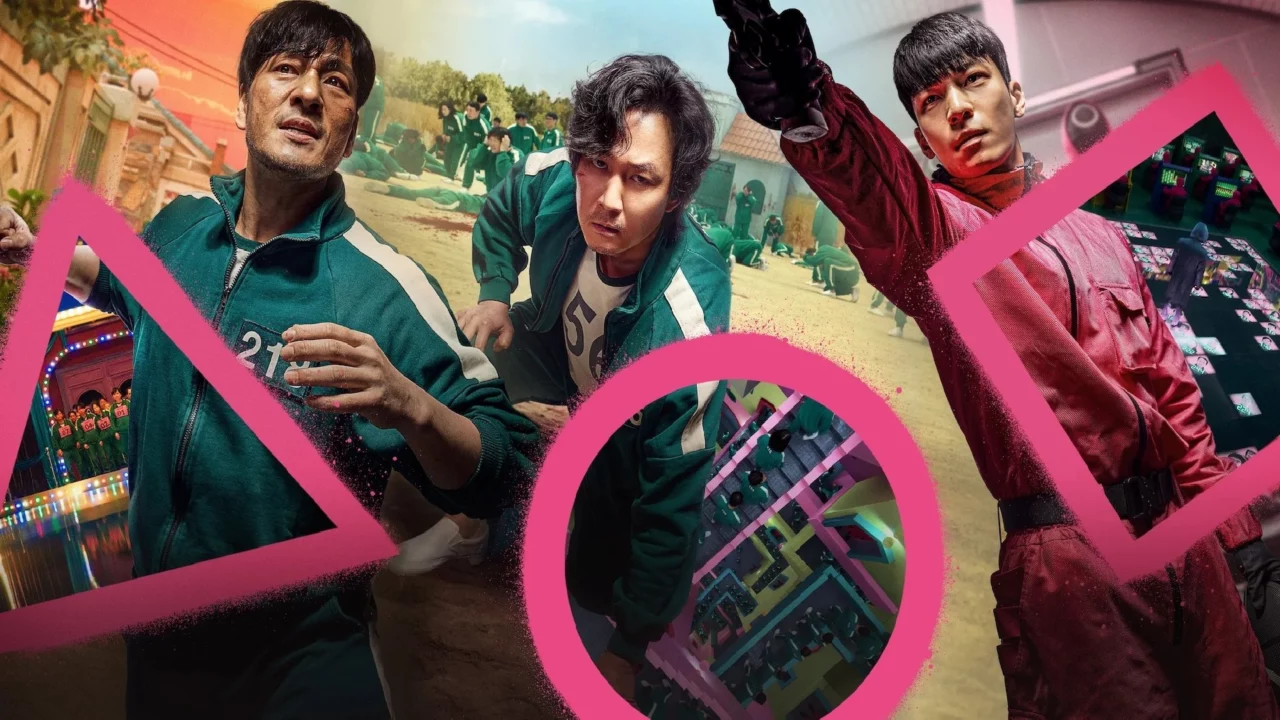
Cast Performances
Lee Jung-jae delivers another powerhouse performance as Seong Gi-hun, showcasing remarkable range as his character evolves from the traumatized survivor into a more determined and dangerous protagonist. His portrayal captures the internal struggle between Gi-hun’s innate humanity and his growing ruthlessness. I found his performance particularly compelling in the quieter moments where the weight of his experiences becomes most apparent.
Lee Byung-hun returns as the enigmatic Front Man, bringing his characteristic intensity and mysterious charisma to the role. His performance adds depth to what could have been a one-dimensional villain. The dynamic between him and Lee Jung-jae creates some of the season’s most gripping moments.
The supporting cast, including Wi Ha-joon as Hwang Jun-ho and the newcomers Im Si-wan, Kang Ha-neul, and Park Gyu-young, all deliver committed performances. Each actor manages to create distinct, memorable characters despite the large cast. The emotional weight carried by each performer is particularly notable.
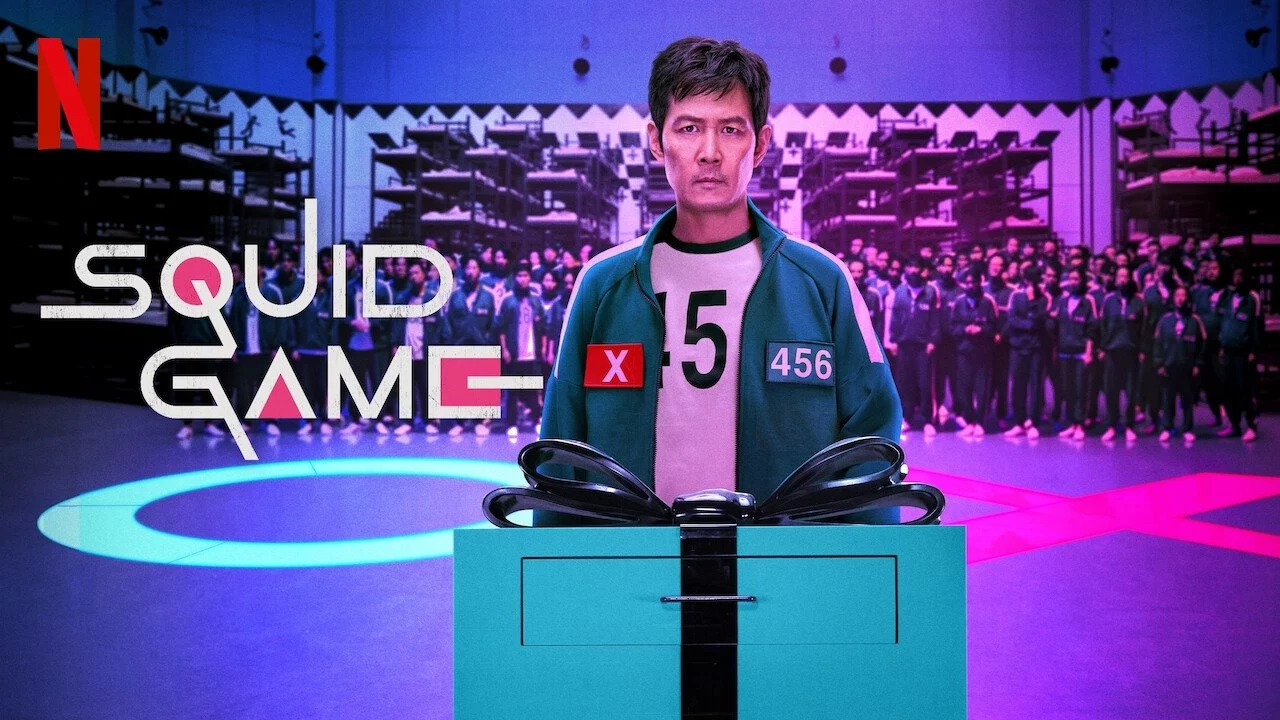
Visual Excellence and Production Design
The production design of Squid Game Season 3 maintains the series’ distinctive aesthetic while pushing the visual storytelling to new heights. The iconic pastel-colored game environments return with even more elaborate and menacing designs. The contrast between the childish innocence of the games and their deadly nature remains as striking as ever.
Cinematography throughout the season is exceptional, with careful attention to color palettes, lighting, and composition that enhance the psychological tension. The camera work during game sequences is particularly effective, using close-ups and wide shots strategically to build suspense. I was impressed by how the visual team managed to make familiar environments feel fresh and threatening.
The costume design deserves special recognition, from the players’ numbered tracksuits to the guards’ geometric masks. Each design choice serves the narrative while creating iconic imagery that has become synonymous with the series.
Direction and Technical Aspects
Hwang Dong-hyuk’s direction in the final season demonstrates his complete mastery of the material and his ability to bring the complex narrative to a satisfying conclusion. His pacing is expertly controlled, building tension methodically while providing moments of character development. The director’s ability to balance the series’ various tones remains one of the show’s greatest strengths.
The editing is particularly sharp, with transitions between different storylines handled smoothly. The sound design and musical score continue to enhance the viewing experience, using silence and sudden audio cues to maximum effect during tense sequences.
Technical aspects like lighting and sound mixing contribute significantly to the atmosphere. The series maintains its high production standards throughout, ensuring that the visual and audio elements support the storytelling.
Critical Reception and Reviews
Squid Game Season 3 currently has a 90% approval rating on Rotten Tomatoes after 21 reviews, indicating strong critical reception. This high rating reflects the general consensus that the final season successfully concludes the series while maintaining the quality that made it a global phenomenon.
Professional critics have praised the season’s commitment to its themes and its willingness to push its characters to their psychological limits. Critics have noted that while the season maintains the series’ signature intensity, it also provides more character development and emotional depth.
However, some reviews have been more mixed, with certain critics feeling the season prioritized plot advancement over character development. Despite this criticism, most reviewers acknowledge that the season succeeds in bringing the story to a satisfying if brutal conclusion.
The public reception has been similarly positive, with audiences praising the series’ commitment to its dark vision and its refusal to provide easy answers or comfortable resolutions.
What Works Well
The final season excels in several key areas that have defined the series from the beginning. The psychological complexity of the characters continues to be a major strength, with each survivor carrying realistic trauma while maintaining their essential humanity. The games themselves are creatively designed and serve the narrative purpose of testing moral boundaries.
The social commentary remains sharp and relevant, addressing issues of economic inequality, systemic corruption, and the dehumanizing effects of extreme capitalism. The series doesn’t provide simple answers but presents complex problems in entertaining and thought-provoking ways.
The production values remain consistently high throughout the season, with exceptional attention to detail in every aspect. The performances across the cast are uniformly strong, with actors fully committed to their roles and the emotional demands of the story.
Areas for Improvement
While the final season succeeds in many areas, there are some aspects that could have been handled differently. The pacing occasionally feels rushed, particularly in episodes where multiple plot threads need resolution. Some character arcs feel slightly underdeveloped, with certain supporting characters deserving more screen time.
The violence, while always integral to the series’ themes, sometimes feels gratuitous rather than meaningful. I noticed that certain death scenes seemed designed more for shock value than narrative purpose, which can detract from the emotional impact of more significant character moments.
Some plot threads from previous seasons receive less resolution than might be expected, leaving certain questions unanswered. The balance between the various storylines isn’t always perfectly maintained, with some plotlines feeling more rushed than others.
Final Verdict
Squid Game Season 3 serves as a fitting, if brutal, conclusion to one of the most significant television series of the past decade. Despite some minor pacing issues and occasional gratuitous violence, the season succeeds in bringing the story to a satisfying conclusion while maintaining high production standards and thematic depth.
The performances remain exceptional, the visual design continues to be striking and memorable, and the social commentary retains its sharp edge and relevance. While not every plot thread receives the resolution some viewers might hope for, the season provides enough closure to feel complete.
For fans of the series, this final season delivers the intensity, psychological complexity, and social commentary they’ve come to expect. For newcomers, it serves as a compelling conclusion to a story that has redefined what international television can achieve in terms of global impact and cultural significance.
Rating: 4/5


